Dhaka, 25 Aug, (V7N)- Dhaka, the densely populated capital of Bangladesh, is currently ranked 32nd among cities with the worst air quality, with an AQI score of 68 as of 9:10 a.m. on August 25, 2024. The air quality is categorized as 'moderate' according to the AQI index.
In the AQI system, an index value between 50 and 100 is considered 'moderate,' meaning that while the air quality is acceptable, sensitive individuals should limit prolonged outdoor activities. The AQI ranges are as follows: 101-150 indicates 'unhealthy for sensitive groups,' 151-200 is 'unhealthy,' 201-300 is 'very unhealthy,' and values above 301 are 'hazardous,' posing serious health risks.
For comparison, Baghdad, Kuwait City, and Kinshasa are the top three cities with the worst air quality, recording AQI scores of 172, 161, and 152, respectively.
The AQI measures daily air quality based on five pollutants: particulate matter (PM10 and PM2.5), NO2, CO, SO2, and ozone. Dhaka frequently faces air pollution issues, which typically worsen in winter and improve during the monsoon season.
The World Health Organization (WHO) estimates that air pollution causes around seven million deaths annually worldwide, primarily due to its effects on stroke, heart disease, chronic obstructive pulmonary disease, lung cancer, and acute respiratory infections.



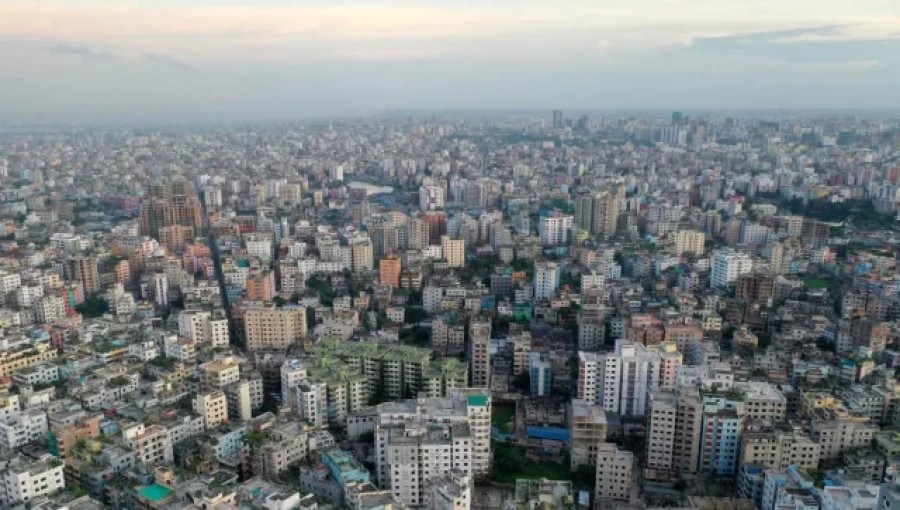


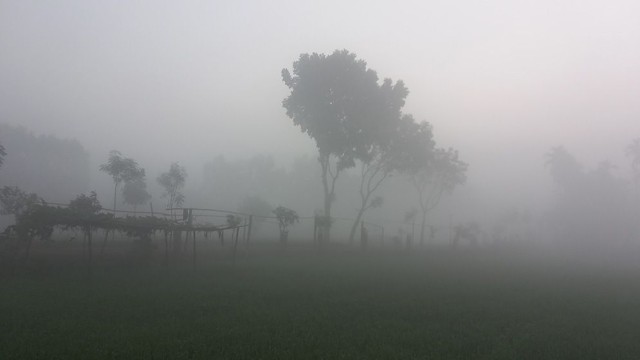
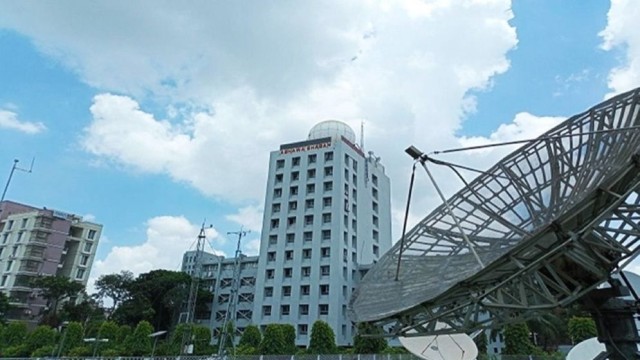
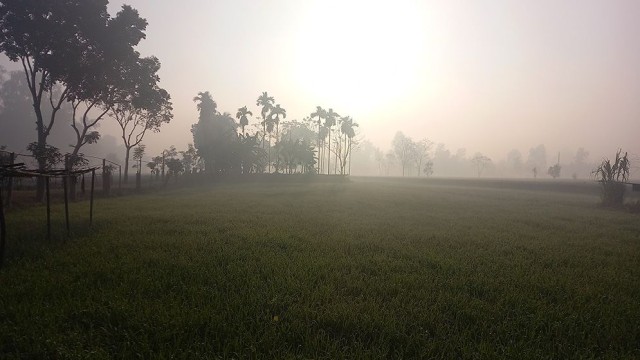
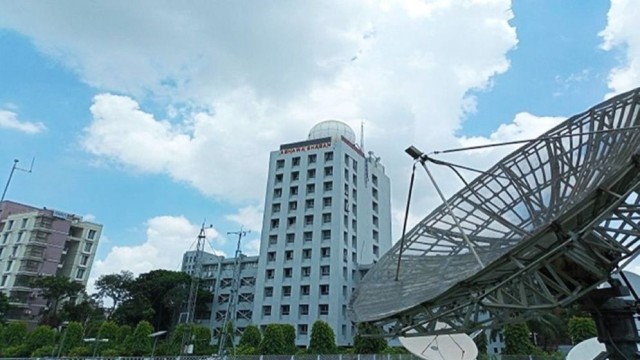

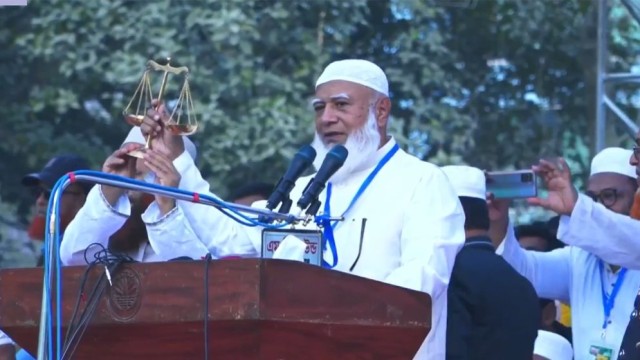
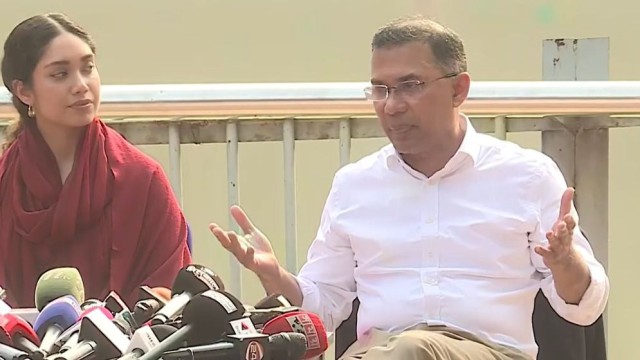
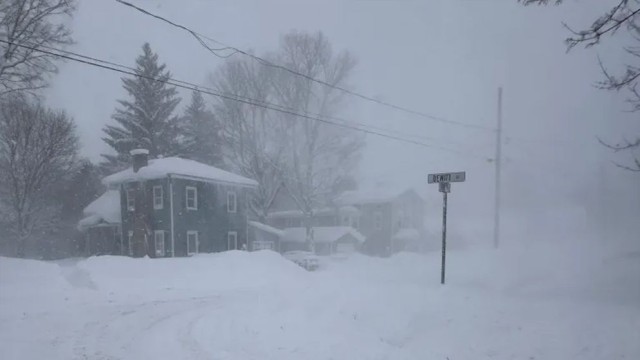

















Comment: